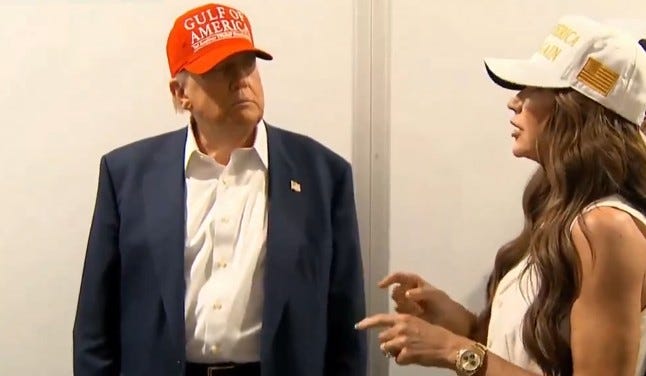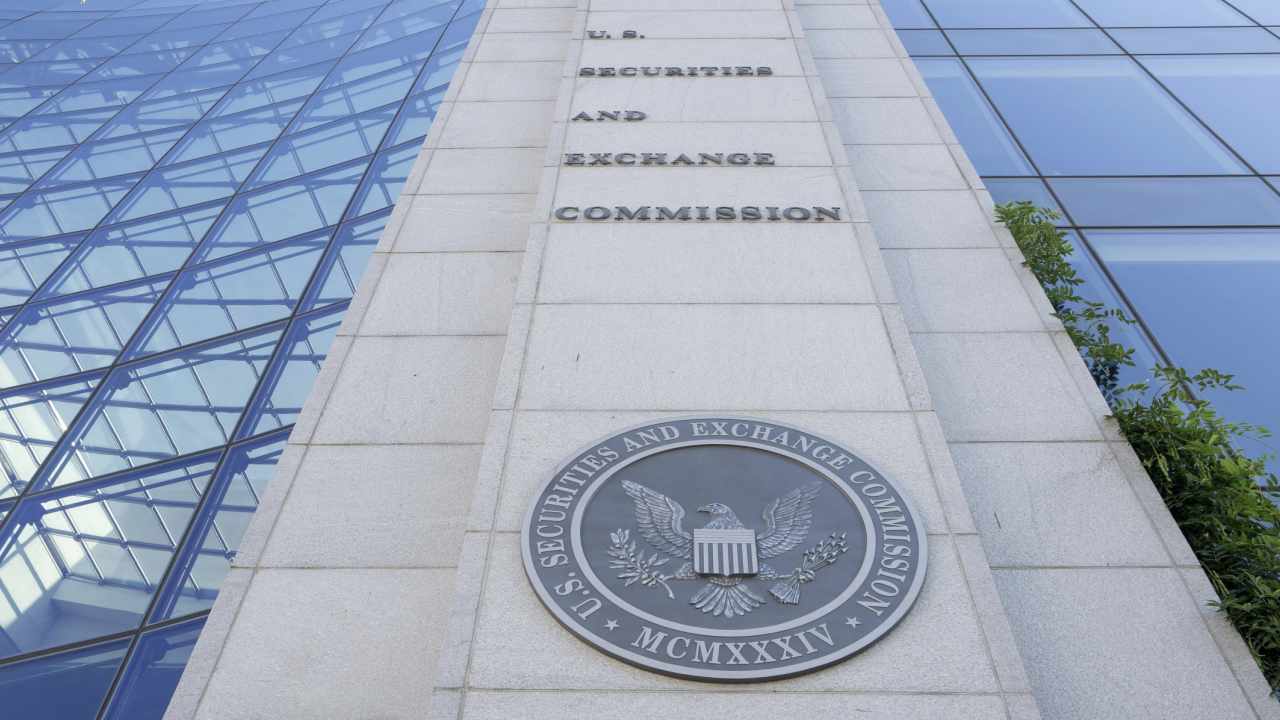When Secretary of State Antony J. Blinken was meeting with Pedro Castillo in Lima, the Peruvian president was facing impeachment for a litany of charges — and not for the first time.
More than 2,500 miles to the north on the same day, in Mexico City, President Andrés Manuel López Obrador, arguably the United States’ most important regional ally, was railing publicly against U.S. policies.
And in the “Northern Triangle” of Central America — El Salvador, Guatemala and Honduras — initially chosen by the Biden administration as a major focus of U.S. attention, plans have crashed harder than churning waves breaking on the Pacific coast.
From Mexico and Central America, all the way through the Andes, U.S. officials have struggled to find partners to work with and policies that will stick as they attempt to reassert U.S. influence, once dominant in the region but now in stiff competition with other powers, most notably China.
On Friday, Blinken completed a weeklong, three-nation tour through South America, which included a day of talks with two dozen countries at the annual summit of the Organization of American States in Lima. His reception, by most accounts, was a mixed bag.
A major challenge was to court newly leftist governments. But that was only part of the difficulty in finding interlocutors. Though the “pink tide” shift to the left in Latin America has ebbed and flowed over the decades, there may be more left-leaning countries than ever if former Brazilian President Luiz Inacio Lula da Silva wins his race this month.
More concerning, analysts say, are the numerous regional leaders drowning in corruption allegations, fighting for their own political survival against inflation and popular discontent, and unwilling to follow the traditional democratic rule of law. In some countries like Peru, instability has become the norm.
“There has been a rise in anti-democratic practices across many countries in Latin America as well as around the world,” said Cynthia Arnson, a Latin America expert and distinguished fellow at the Wilson Center think tank in Washington. “There are any number of governments that simply don’t share interest in democratic values and human rights and open markets.”
At the same time, the U.S. is constrained in what it can offer the region amid a growing backlash against free trade agreements, she added.
There remains a deep sense of distrust of the U.S. among many Latin American politicians and leaders. For decades, the single most thorny point has been Washington’s maintenance of a 50-year-old economic embargo and other punishing sanctions on Communist-ruled Cuba.
Many throughout the region cheered when then-President Obama in 2015 embarked on a rapprochement with Havana. He did not lift the embargo — only Congress can do that — but he renewed long-frozen diplomatic ties, reopened the U.S. Embassy in Havana, and made travel, trade and sending remittances easier for Cubans and Americans.
But President Trump slammed shut those openings under his administration, and went a step further with the radical decision to place Cuba on the U.S. list of state sponsors of terrorism, alongside such bad actors as Iran, North Korea and Syria.
Many assumed the Biden administration would revive the exchanges and remove Cuba from the terrorism list. But Blinken has moved slowly, quietly stepping up personnel at the embassy in Havana and loosening a small number of travel restrictions but little else.
“After years of self-imposed distancing, the U.S. is finding countries totally turned around toward Chinese capital and commerce, or they maintain pragmatic relations with Russia, which blocks any kind of condemnation of aggression against Ukraine,” said Juan Pablo Toro, director of the AthenaLab security and foreign policy think tank in Santiago.
At the OAS assembly, three of Latin America’s biggest countries, Brazil, Mexico and Argentina, refused to sign a U.S.-backed resolution against Russia’s invasion of Ukraine.
Many in the region also thought relations might be easier with President Biden, who frequently boasts of his many trips to Latin America and first-name-basis relationships with heads of state. But there’s a new crop of leaders now. Biden was well into his second decade as a U.S. senator when the president of Chile, Gabriel Boric, was born.
While Castillo is viewed as corrupt and potentially incompetent, Boric has won praise from U.S. officials. Though he is a leftist, they say, he seems to respect democratic rule and has joined Washington in condemning the brutal autocracy of Venezuela, where President Nicolas Maduro has driven the country into profound economic, political and social disaster, and Nicaragua, where one-time Sandinista leader Daniel Ortega has jailed most of his political opponents and critical journalists or forced them to flee in order to hold on to power unchallenged.
Colombia’s new president, Gustavo Petro, is a different case. The leftist positions he is staking out, such as limiting cooperation with U.S. anti-narcotics programs, are all the more jarring because until now, Colombia was ruled by center-right governments extremely friendly to Washington.
Petro also announced he was reopening his country’s border with Venezuela and has made other overtures to Maduro. Maduro’s powerful right-hand man, Diosdado Cabello, said a “new opportunity” was opening for “the Colombia we all want.” Until now, Colombia had welcomed more than a million Venezuelan refugees fleeing their country, who now fear they might be forced home.
Petro‘s public interventions with Blinken were awkward. The Colombian president was loquacious, responding to questions in a lecturing tone. He ribbed Blinken by saying the secretary of State was likely a future president, a prospect neither Blinken nor his aides have expressed.
On Cuba, Petro pointedly told Blinken that placing Havana on the terrorism list “was a serious injustice … that must be corrected.” Petro and Blinken clashed on whether Colombia would continue extraditing alleged drug traffickers to the U.S. and whether the U.S. would be allowed to aggressively eradicate coca crops, pillars for years in U.S.-Colombian drug interdiction programs.
Underlying the U.S. interest in regaining stature in Latin America is its hope to counter the influence that China has aggressively established over the last decade or so. As part of its $4.3-trillion Belt and Road Initiative, China has invested in infrastructure, mining and other projects across the globe, including in Latin America. And it never makes demands on human rights or other political steps, as Washington does.
According to the World Economic Forum, in addition to more than $130 billion in investments made over roughly the last two decades, trade between China and Latin America has also grown from $12 billion in 2000 to $315 billion in 2020 and is expected to double in the next 10 years. The projects, such as a canal across Nicaragua, are often pipe dreams that allow China to control ports and waterways without actually completing the proposals. U.S. officials maintain that Beijing makes the loans to gain political influence then holds host countries hostage to its terms.
China rejects that position. Blinken had just departed Santiago when the Chinese ambassador to Chile, Niu Qingbao, wrote a letter to the editor of the leading El Mercurio newspaper titled, “Response to Blinken.”
“As to whether Chilean and Chinese cooperation is a good thing, Latin American countries have their own evaluation,” the ambassador wrote. “China insists … in not interfering in the domestic affairs of other countries, in not imposing political conditions on cooperation.
“China also would be very happy if the United States would really consider what it means to be ‘partners’ to Latin American countries, helping them sincerely to develop their economies and improve the welfare of the people.”
The Biden administration’s first major initiative in Latin America involved the Northern Triangle, which at the time contributed the largest number of migrants crossing into the U.S. illegally. With great fanfare, Biden appointed Vice President Kamala Harris to take charge and allotted $4 billion dollars for a number of programs to encourage residents in the region to stay at home.
But it soon became clear that none of the three Northern Triangle presidents was a reliable partner. El Salvador‘s president revealed himself to be a tyrant, Guatemala‘s leader worked to destroy his country’s judiciary and the Honduran head of state faced federal U.S. charges for drug trafficking. Within months, Hondurans elected a new president, Xiomara Castro, a leftist who initially was widely admired. U.S. officials thought they finally had a partner, and Harris attended her inauguration.
In short order, Castro appeared to embrace Maduro. Now U.S. officials are looking for alternative ways to spend the money assigned to the Northern Triangle countries while avoiding central governments.
As he wrapped up the South America trip, Blinken insisted the U.S. was willing to work with anyone who respected democratic values regardless of ideology.
But he also made an acknowledgement: “There’s not a one-size-fits-all for any of these issues.”














